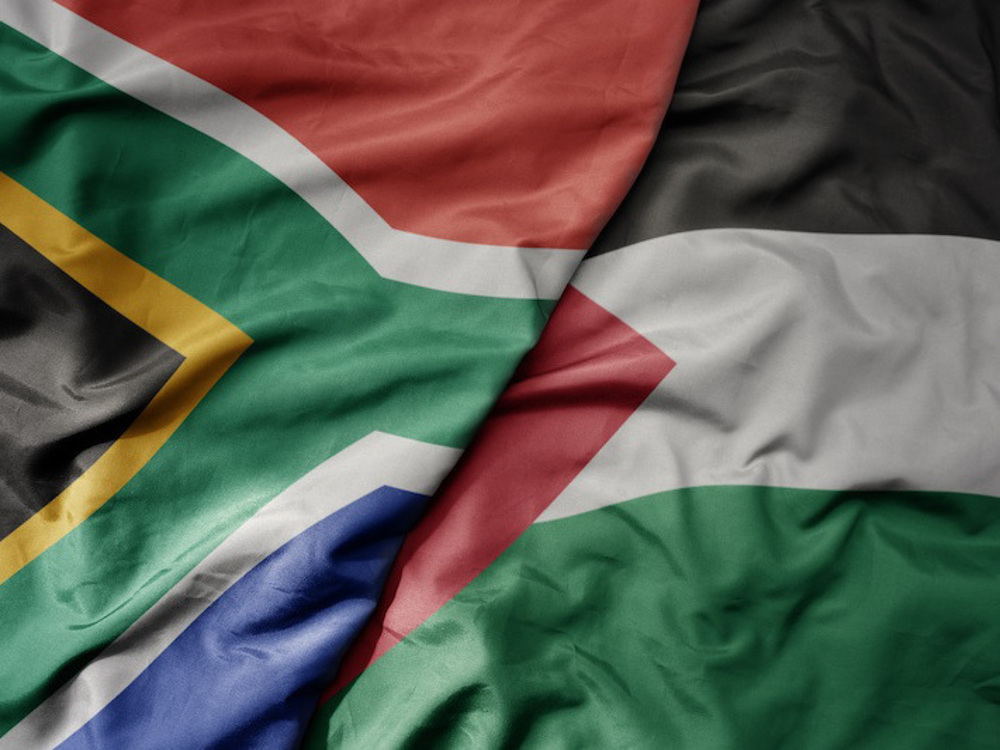Unity government formation delayed in South Sudan
South Sudan’s warring parties have missed a key deadline to form a unity government as rebels rebuffed President Salva Kiir’s establishment of new states in the country.
The rival sides were due to forge a unity government by January 22, but the rebel faction insisted that Kiir’s nearly tripling of the number of regional states last month undermined a key pillar of a power-sharing pact.
A spokesman for the rebel side, Mabior Garang, slammed the “anti-peace hardliners within the government,” saying the basis of the negotiations should be on the old system of 10 states rather than the current 28.
Garang also emphasized that his side was “fully committed to peace and shall not entertain a return to war.”
Major advocates of the peace process – Britain, Norway and the US, referred to as the Troika, as well as the European Union – said this week the talks remained “deadlocked.”
The bloody civil war in South Sudan, the youngest country in Africa, began in December 2013 when Kiir accused his former deputy Riek Machar of plotting a coup against him. The two sides have been involved in a cycle of retaliatory killings that have split the impoverished country along ethnic lines.
Despite the August peace deal, battles persist across the country. There are numerous militia forces that do not abide by peace agreements and are driven by local agendas.
Earlier this wee, UN rights monitors offered details about a long list of horrific abuses in the destructive war.
A joint report by the UN peacekeeping mission, UNMISS, and the UN High Commissioner for Human Rights (OHCHR) cited “gross violations” of human rights, including “gang-rape, sexual slavery and forced abortion," by the warring sides.
VIDEO | 444 days of ethnic cleansing
VIDEO | Bethlehem's Christmas dimmed by war, restrictions
Israel admits assassinating Hamas leader, vows to inflict same fate on Yemeni fighters, people
VIDEO | Yemeni forces repel US-British attack, down F-18 Jet
Iran’s capabilities vast; enemy’s ‘maximum pressure’ policies all failed miserably: Senior official
Iran’s economy grew 2.7% y/y in Sep quarter: CBI
VIDEO | Freelancers in Gaza strive to stay online amid genocide
Mikati demands Israel's withdrawal from south Lebanon














 This makes it easy to access the Press TV website
This makes it easy to access the Press TV website